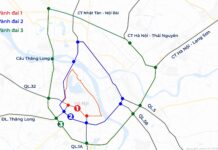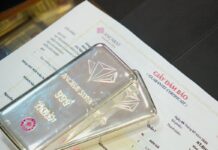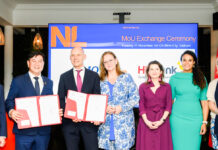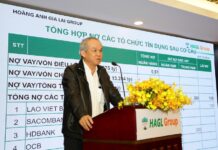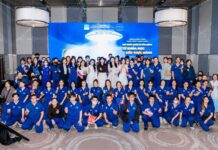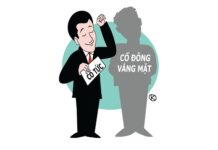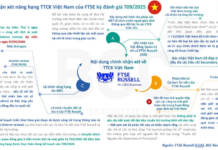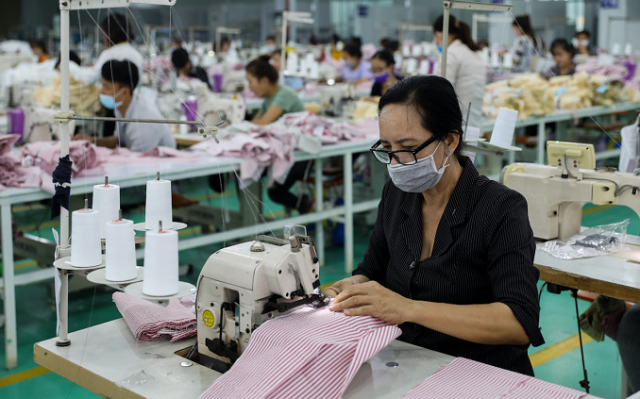Johnathan Hạnh Nguyễn is one of the most prominent entrepreneurs in Vietnam, owning the IPP luxury brand empire. However, he rarely appears in public to share his business philosophy.
In a recent talk at Dalat University, the 73-year-old entrepreneur shared for the first time about his journey’s beginning at the University of Dalat (formerly known as Dalat Institute of Political and Economic Sciences) and his business philosophy, including his approach to building and choosing his team.
Mr. Hanh Nguyen is an alumnus of the 6th intake of the Political and Business Administration Faculty (1969-1973) of Dalat University in its early days, then known as the Dalat Institute of Higher Education with various member schools. Despite having traveled, studied, and lived in many places since leaving the university, the values he acquired during his time there have always been his guiding principles.
“The ‘Thụ Nhân’ philosophy, which the university embraced since its establishment, has been the compass for the rest of my life.”
“I am grateful for the ‘Thụ Nhân’ philosophy that the university instilled in me since its early days. It has been the compass for the rest of my life,” he said. And today, he returned to share this philosophy with a new generation, especially emphasizing the importance of Artificial Intelligence (AI) for their future endeavors.
According to Mr. Hanh Nguyen, as graduates step out into the world, they must think about, speak to, and work with AI. As the world embraces AI, we cannot afford to be left behind. It is expected that in the future, and even now, AI is laying the foundation for the future, and robots will take on various forms to assist humans in their work.
Therefore, after initiating AI education in Ho Chi Minh City, Mr. Hanh Nguyen brought AI to Dalat and established the Artificial Intelligence Center (AIC) at Dalat University.
The AIC’s training program at Dalat University utilizes the international K12 AI curriculum. This set of textbooks has been localized from the AI Future Intelligent Manufacture curriculum developed by UBtech Education (USA) and is currently being implemented in many advanced countries, including the USA, China, and South Korea.
“The first reason I chose the university for establishing the center is that I wanted to give back to Dalat, a place that provided me with a foundation for higher education in the USA and a platform to begin my successful career there,” he explained.
“Furthermore, the Central Highlands region still lacks many resources, so we want to bring AI here to balance its development with that of other provinces and major cities.”
“I hope that through AI training and development, Dalat will become a hub for the AI community in the future. And with the application of AI in various fields, the Central Highlands region will be able to catch up with other provinces in multiple aspects,” he added.
From another perspective, he mentioned that Dalat has the potential to become an ideal center for academic and scientific exchanges. The entrepreneur also expressed that when purchasing the AI materials in the USA, the company’s primary goal was not profit but to lay the foundation for young people from elementary to university levels to become global citizens: understanding, speaking, and thinking with AI.
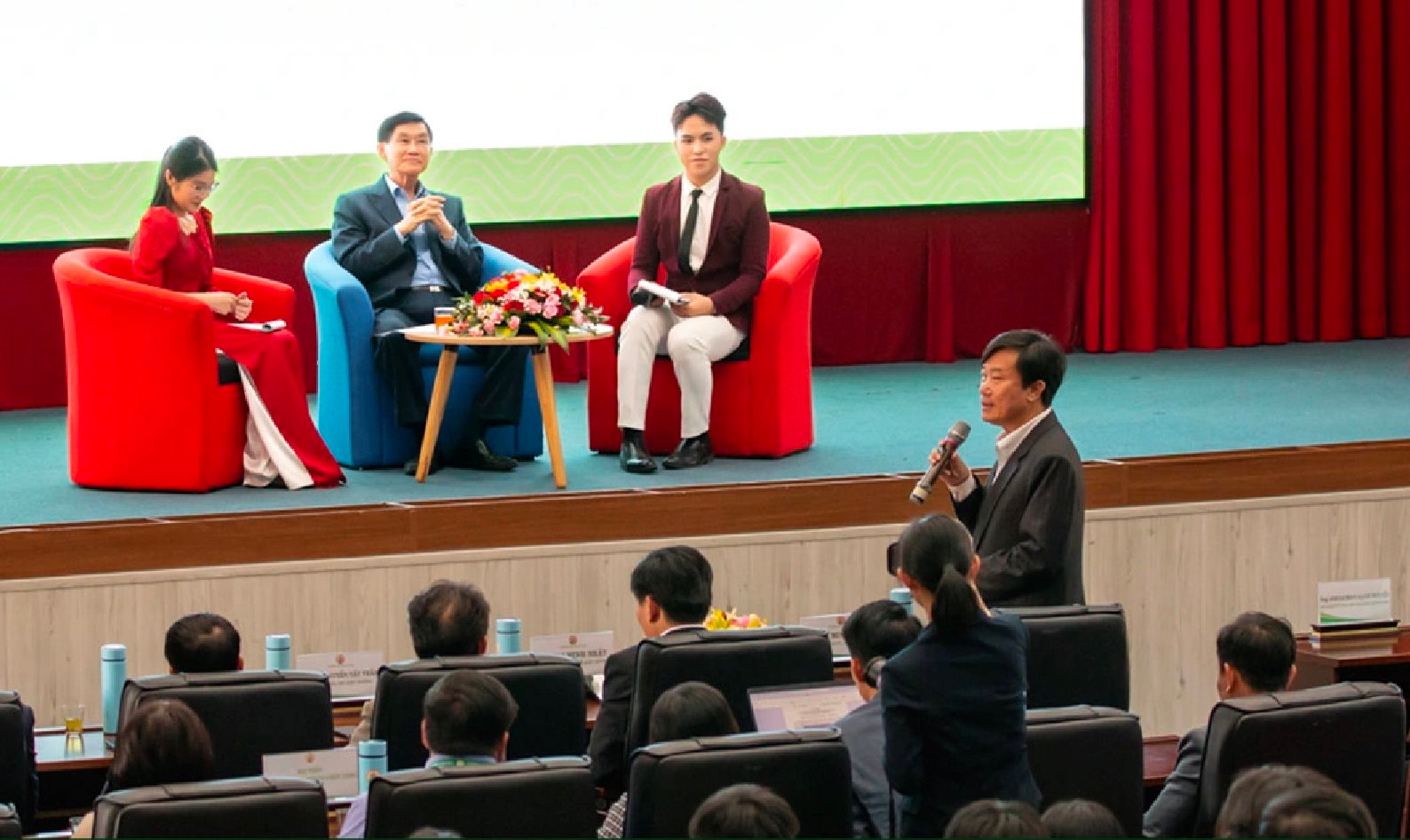
Photo: Mr. Johnathan sharing his learning approach – “We must study ahead, ask questions, and answer actively to increase our absorption to 150%.”
Mr. Hanh Nguyen also shared his views on effective learning and working. Based on his personal experience, he advised students not to be bookworms and study just to pass exams.
“We must study ahead, ask questions, and answer actively to increase our absorption to 150%. We should learn comprehensively and then delve into the details. And we must pay utmost attention to all knowledge related to our chosen profession,” he emphasized.
“Knowledge comes from within, and it is for ourselves. No one can force-feed us knowledge. We decide what and how to learn,” he added.
Apart from academic knowledge, Mr. Hanh Nguyen also attributed his success and the growth of his business empire to effective human resource management. This has been a challenging aspect for many businesses, especially during the recent pandemic and economic downturn.
“The key to successful human resource management is earning the trust and respect of your team.”
“Human resources are the soul of a company,” said Mr. Hanh Nguyen, “The employees are the ones who build the company’s reputation and value, not the chairman of the board or the CEO. However, these two individuals have the responsibility to steer the company and its human resources in the right direction, enabling the employees to create value for themselves and the company.”
According to him, he manages his team by promoting talented individuals and continuously training backups. While team members in the first tier are performing, the second tier is being prepared to take their place, and so on. He emphasized that seniority does not guarantee promotion, as the company has specific criteria for evaluating and promoting employees. The subsidiary companies within the group follow this approach to ensure a strong foundation for long-term growth, aligning with the leadership’s vision.
“I abide by labor laws, but my employees’ dedication often moves me. As long as I am here, they will be here,” he shared.
“There were times when employees had to leave the country after getting married. They came to bid farewell, and their eyes were filled with tears as they didn’t want to part ways with the company they had been with for a long time. The key to successful human resource management is earning the trust and respect of your team,” he added.
“In my company, I treat everyone with respect, including our janitorial staff. They deserve it for many reasons. For me, human resource development is paramount. And with that, I want to tell the students that a working life is a lifelong learning journey. If you want to climb the career ladder, you must also climb the educational ladder. Learning here includes both formal education and self-education throughout your life,” he further advised.
Currently, IPPG is one of the largest retail groups in Vietnam, employing 25,000 people and comprising 35 member and joint-venture companies. The group was established in 1986 by Mr. Johnathan Hạnh Nguyễn.
Under the IPP umbrella are dozens of member companies, including notable ones such as Duy Anh Fashion and Cosmetics Company (DAFC), Chau Au Fashion and Cosmetics Company (ACFC), Vietnam Food and Beverage Services Company (VFBS), Dong Duong Distribution Services Company (DFS), and Trang Tien Plaza.
In recent years, IPP has also invested significantly in the aviation and airport services industries. IPP, along with DAFC and ACFC, currently holds over 45% of the shares in SASCO, the country’s leading aviation service company. Additionally, IPP is the largest shareholder, with a 30% stake, in Cam Ranh International Port.
Mr. Johnathan Hạnh Nguyễn has recently expressed his new ambitions in the aviation tourism sector.
In a recent development, the Vietnam Airports Corporation (ACV) and the Pacific Airlines Corporation (IPPG) signed a cooperation agreement to co-host the Trinity Forum 2024 in Ho Chi Minh City later this year. The forum is expected to attract over 600 CEOs from non-aviation organizations worldwide.



